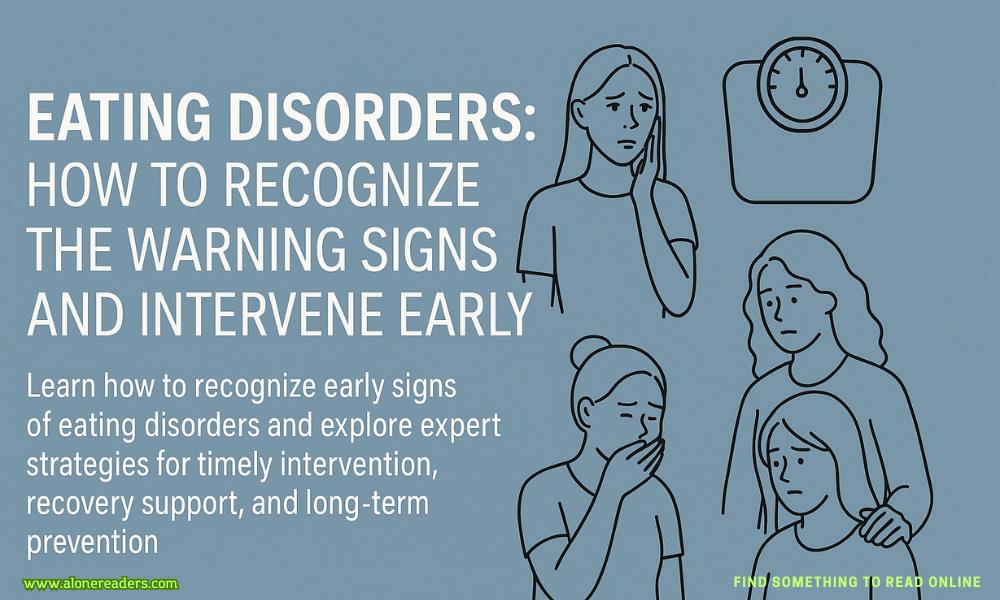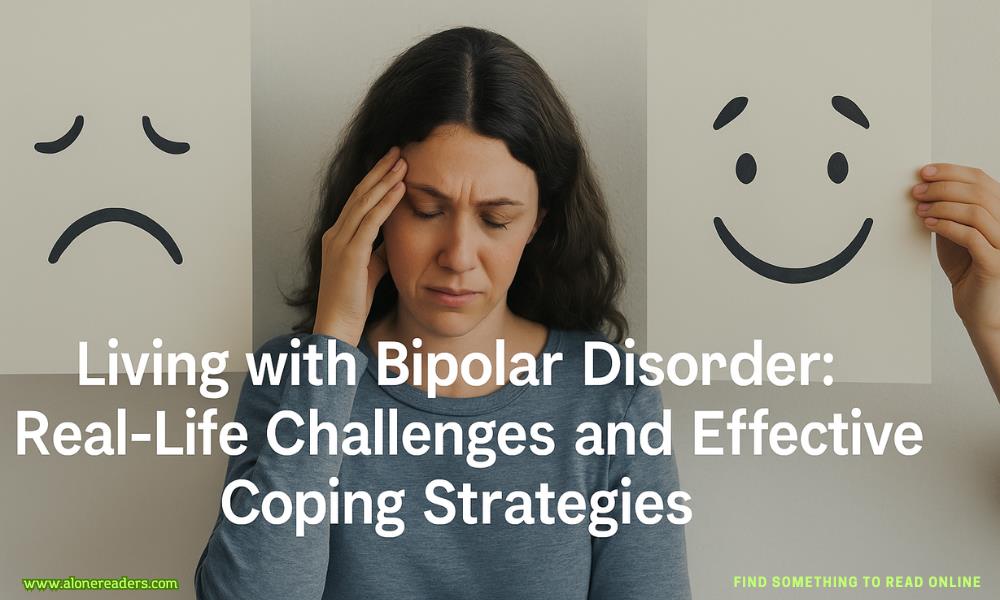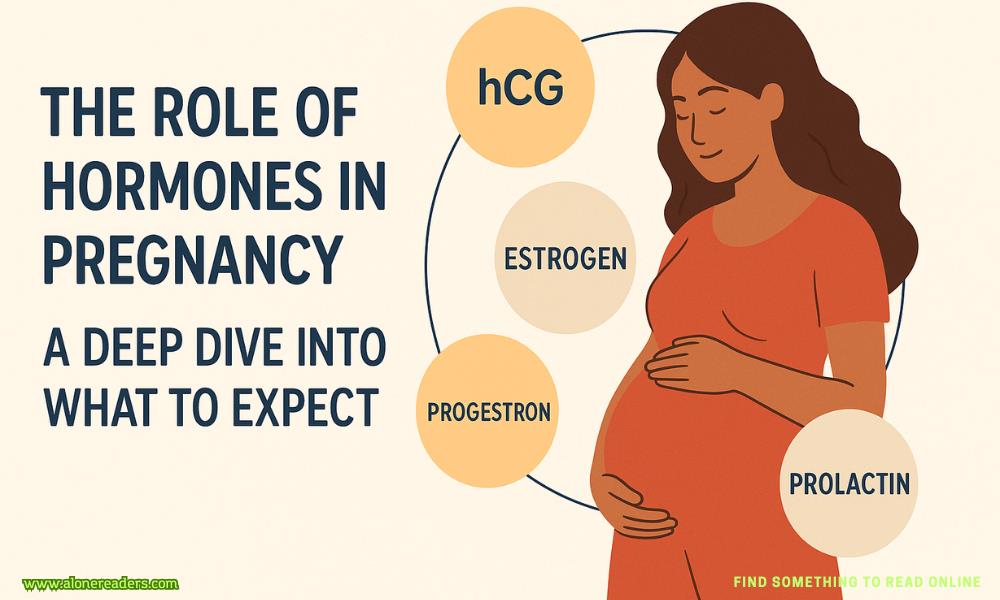Page 65 of Captiva Café
"It's home," Chelsea agreed simply.
And in that moment, with the Gulf breeze carrying the scent of saltwater and flowering trees, with the sound of construction and curious onlookers still audible from the café site ahead, with the knowledge that they had just strong-armed the island's most formidable journalist using her newfound romantic vulnerability—Maggie could only nod in agreement.
It was home. Complicated, chaotic, and perfect in its imperfection.
CHAPTER 23
The inn had finally settled into its nighttime quiet—that peculiar stillness that descended only after the last guest had retreated to their room, the last dish had been dried and put away, and even Paolo had fallen asleep in her office before she sent him to their residence in the carriage house.
Maggie sat alone in her small office, the single desk lamp casting a warm glow that didn't quite reach the corners of the room. Outside, a gentle rain had begun to fall, droplets tapping against the window in an irregular pattern that somehow made the interior feel even more secluded, more private.
She opened the leather-bound journal that Paolo had given her on her birthday, running her fingers over the soft, worn cover. Inside, years of thoughts, fears, hopes, and questions filled the pages—a chronicle of her life in Massachusetts and on Captiva, of the family she'd raised, the loves and losses she'd experienced.
Tonight, she turned to a fresh page, uncapped her fountain pen, and began to write.
September 12th
Merritt left for Maine this morning. Our conversation has lingered with me all day—her words about sacrifice, about building her life around her mother's illness, about losing herself in others' expectations. It struck a nerve I didn't realize was still so sensitive.
I keep thinking about my own children. About the choices they've made over the years. How many of those choices were truly their own, and how many were shaped by what they perceived I wanted or needed from them?
Sarah followed me to Captiva, met Trevor and built a family. Was coming to Florida really her choice, or did she feel obligated to watch over me after Daniel’s death?
Maggie paused, tapping the pen against her chin as she considered the question.
She returned to the page.
And what about Christopher? He joined the military so quickly after high school. Was that really about serving his country, or was it his way of establishing independence—of ensuring he wouldn't be trapped by family obligations? Of all my children, he was always the most determined to forge his own path. The most resistant to following expected patterns.
Lauren threw herself into real estate with such determination after college. Was that ambition genuinely hers, or was she trying to prove something? To show me she could be successful, self-sufficient? Now she's moved her entire family to Florida, and I can't help wondering if that decision was truly about Olivia's tennis career, or if there's something else—something she's not telling me.
The rain grew heavier, drumming against the windowpane with increased urgency. Maggie pulled her cardigan tighter around her shoulders and continued writing, her script becoming less careful, more hurried, as though the thoughtswere now flowing too quickly to be contained by neat penmanship.
And then there's Beth. Steady, practical Beth who took over the orchard. Who married Gabriel and settled into a life so similar to what my own might have been if Daniel had lived and we'd stayed in Massachusetts. Is she truly happy with those choices, or did she feel it was what was expected? What I wanted for her?
Michael became a police officer like his uncle. Was that his calling, or was it the path of least resistance?
Maggie stopped again, her pen hovering over the page. She was being unfair, she knew. Her children were adults with minds of their own, capable of making their own decisions. They had all chosen paths that seemed to bring them genuine fulfillment. And yet...
She sighed and continued writing.
And what about when I had breast cancer? The months of treatment, the surgeries, the uncertainty. How did that shape their choices?
I told them I was fine, that they shouldn't interrupt their lives. But they did anyway. And now I wonder—what opportunities did they miss because of me? What dreams did they defer that never quite found their way back to the surface?
Merritt spoke about the guilt she feels for leaving her mother, for choosing herself after years of caregiving. But what about the guilt on the other side? The guilt of the mother who wonders if her needs, her illness, her life circumstances narrowed the horizons of her children's lives?
A particularly strong gust of wind drove the rain hard against the window, startling Maggie from her thoughts. She looked up, momentarily disoriented, as though she'd been somewhere far away and was only now returning to the present moment—to the small office with its familiar furnishings.
She turned back to the journal.
I never wanted to be the center around which my children organized their lives. After Daniel died, I was so determined to show them strength, resilience. To demonstrate that grief doesn't have to define you, that you can build something new from the ashes of what you've lost.
I wonder if, in trying to teach that lesson, I inadvertently taught them another: that family obligations come before personal dreams. That duty trumps desire.
It's strange to think that Merritt—a young woman I've known for such a short time—would be the one to bring these questions to the surface. But perhaps that's how insight works. It often comes from unexpected sources, at unexpected moments.
Tomorrow I'll call Lauren. There was something in her eyes the other day at Sarah's that worried me. A shadow I couldn't quite identify. She's always been my most private child, holding her struggles close until they become too heavy to bear alone. I want her to know she can share that weight with me, whatever it is.
- The Prince's Secret Twins by Elizabeth Lennox
- Tangled Desires by Tory Baker
- At the Edge of Surrender by A.L. Jackson
- A Touch of Fate by Cora Reilly
- Untouchable Love by Lucy Darling
- After Hours by Caitlin Crews
- Shelter from the Storm by Mari Carr
- Someone Knows by Vi Keeland
- Hawk by Fiona Davenport
- The Silencer by Brooke Summers
- The Beat of her Heart by Emily Hayes
- The Neighbor's Son by K. Webster
- Vasily the Hammer by C.B. Alice
- Convenient Vows by D.C. Beks
- Wrapped in Silver by Sara Vice
- Ruined By Capture by Sherry Blake







